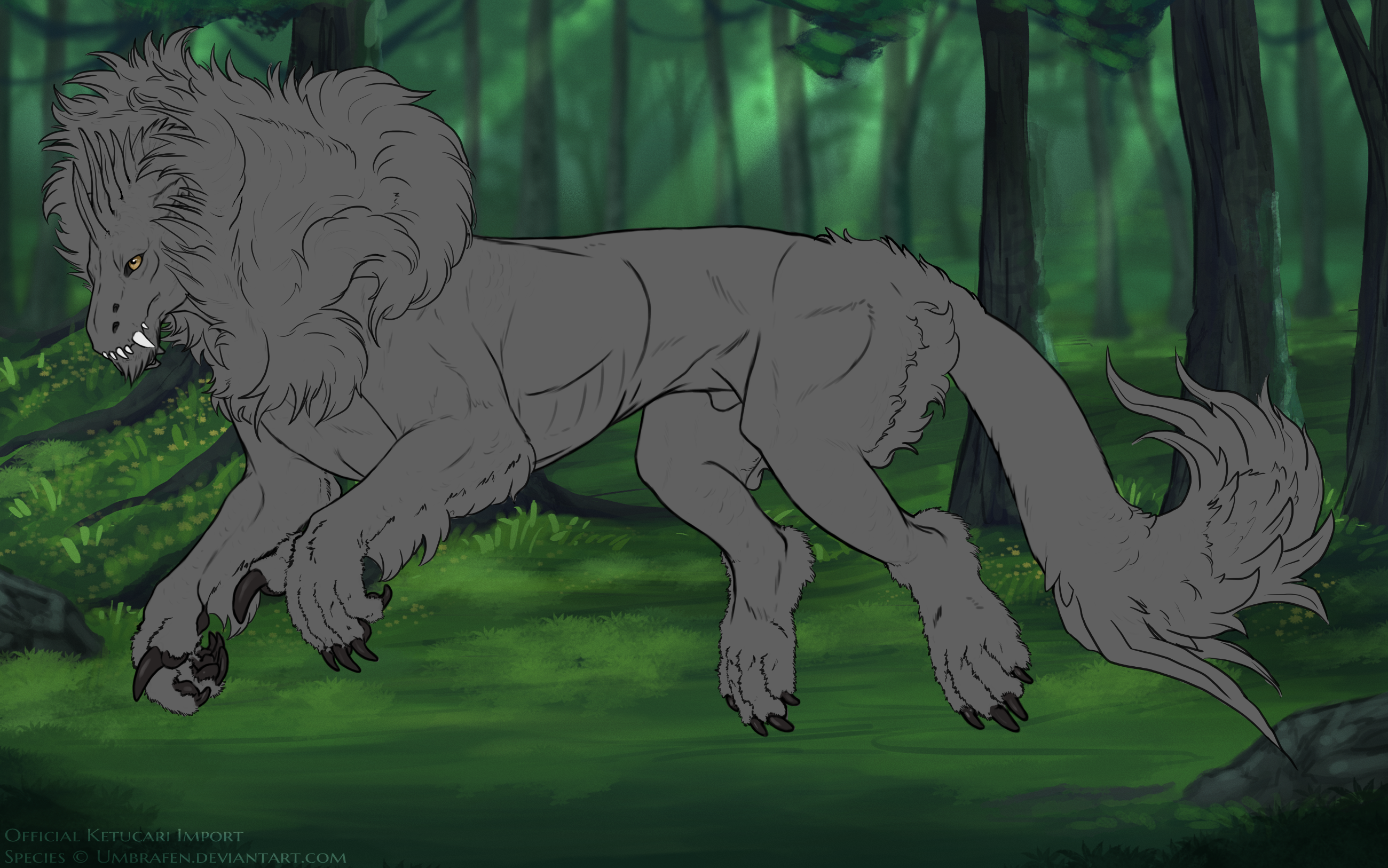Feather Variations
There are ten feather variations that ketucari can have.
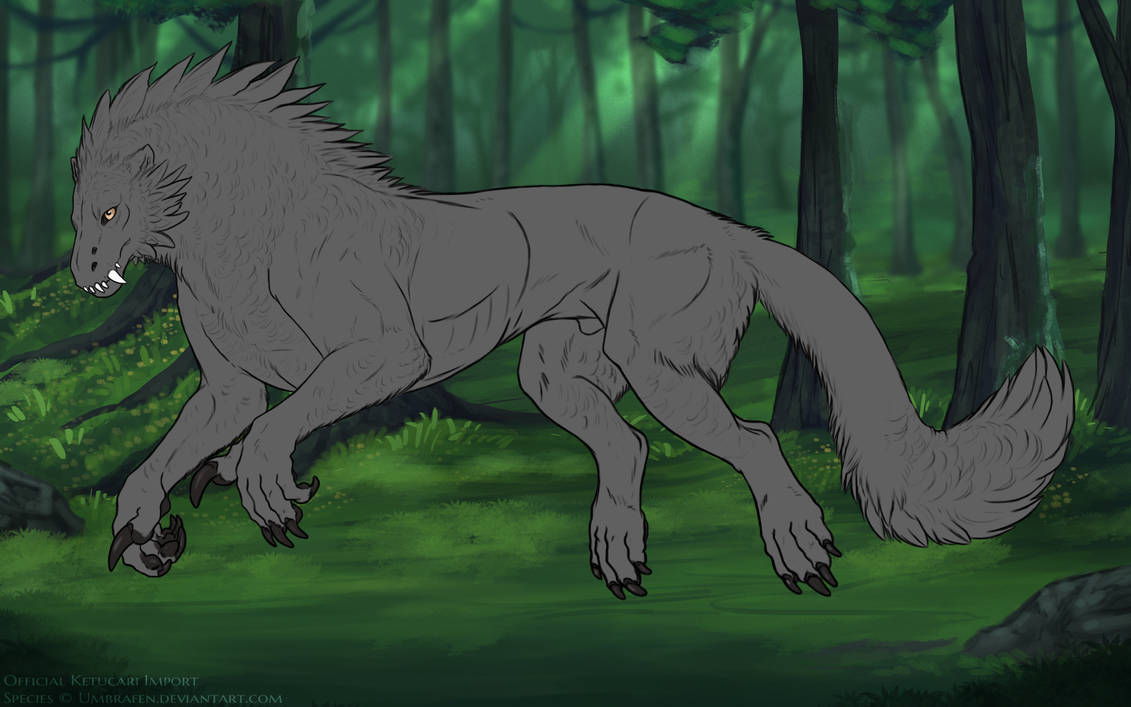
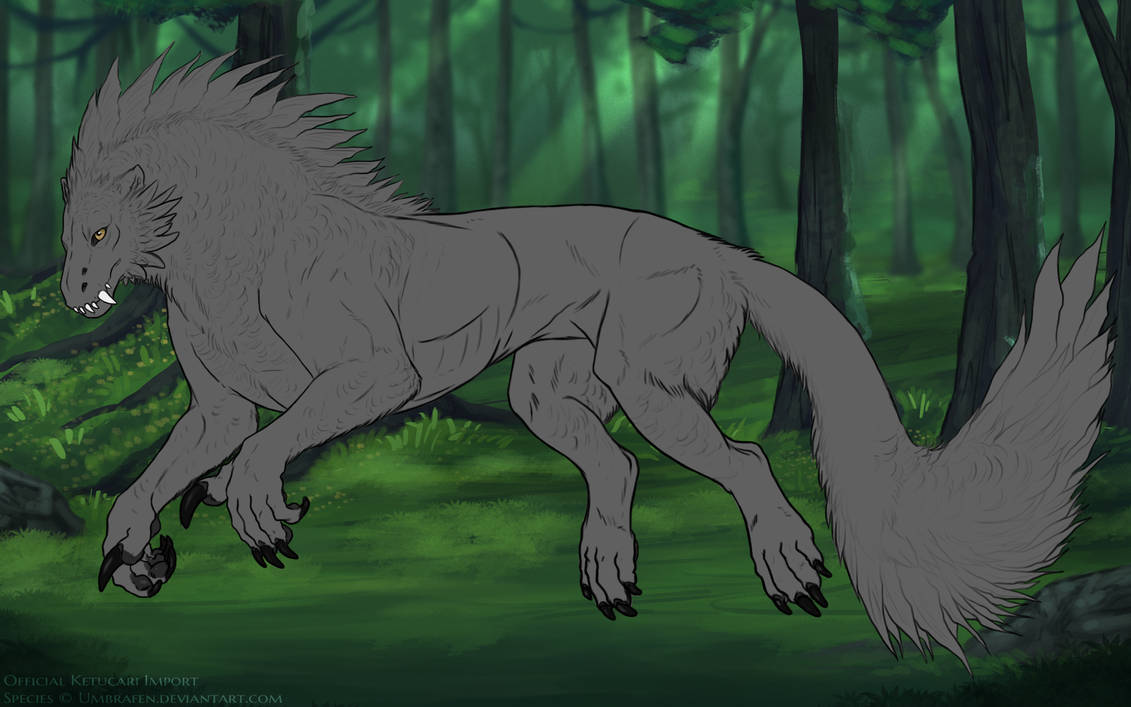
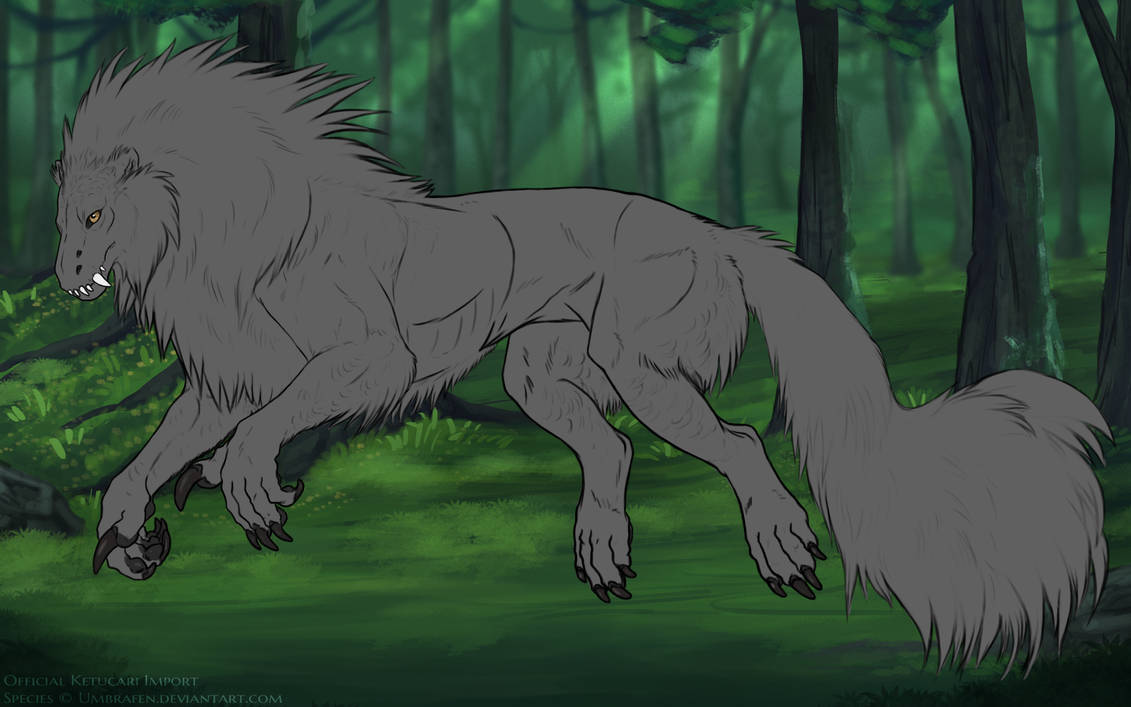
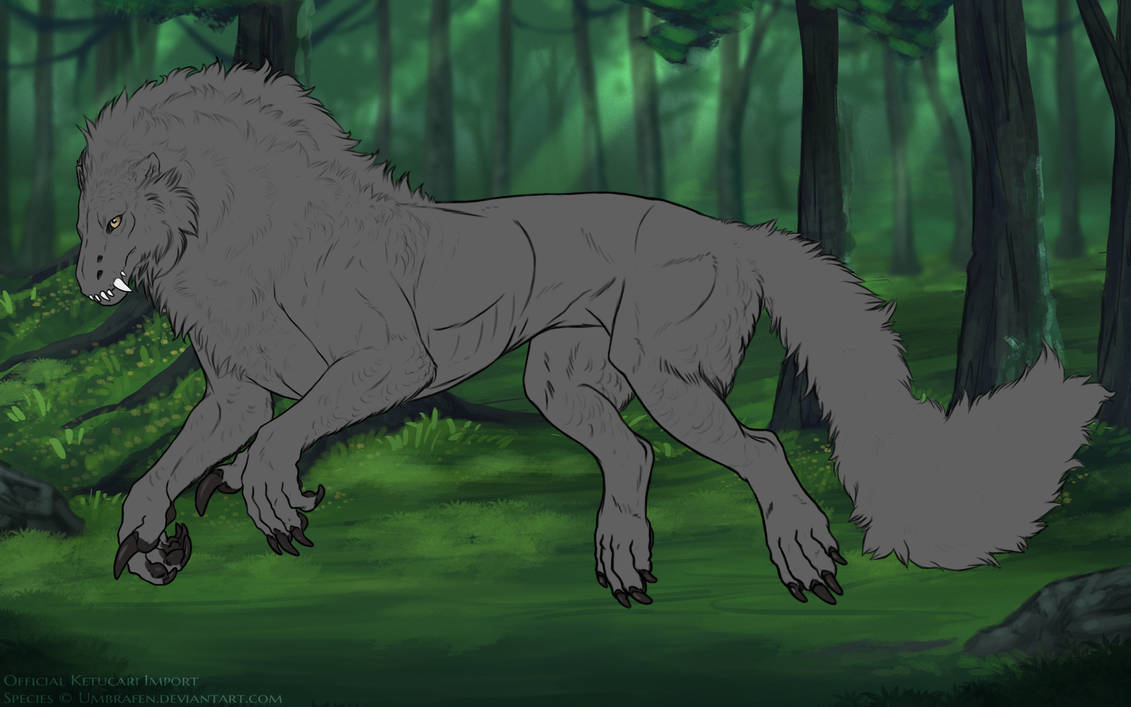
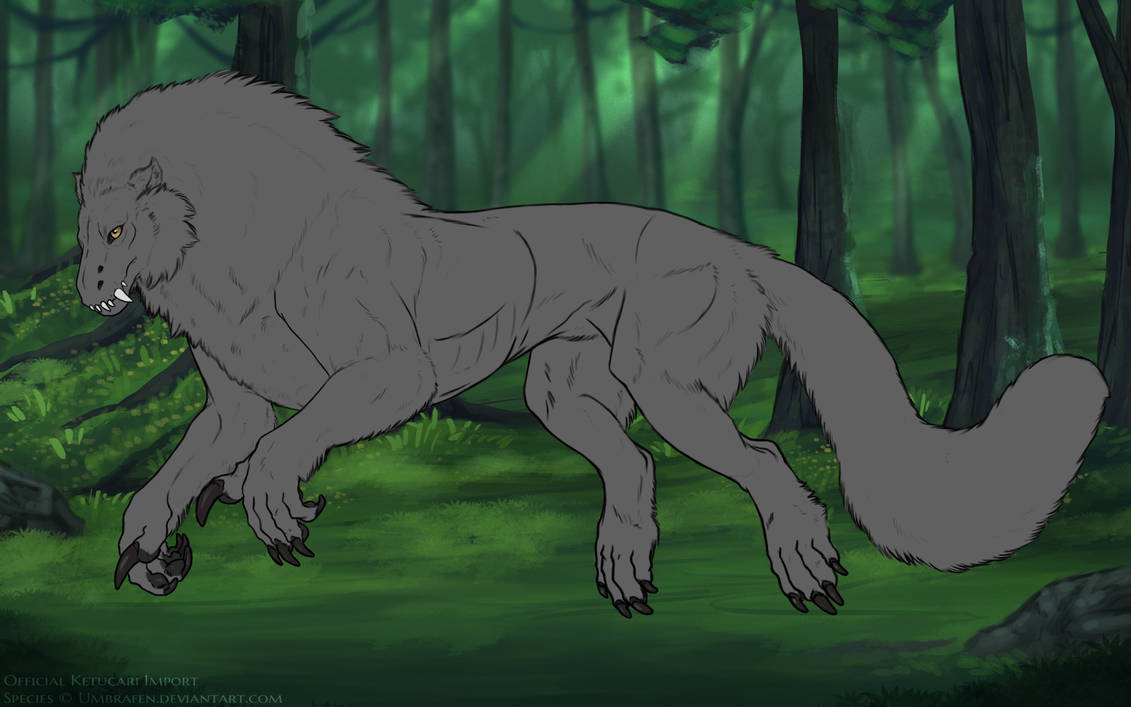
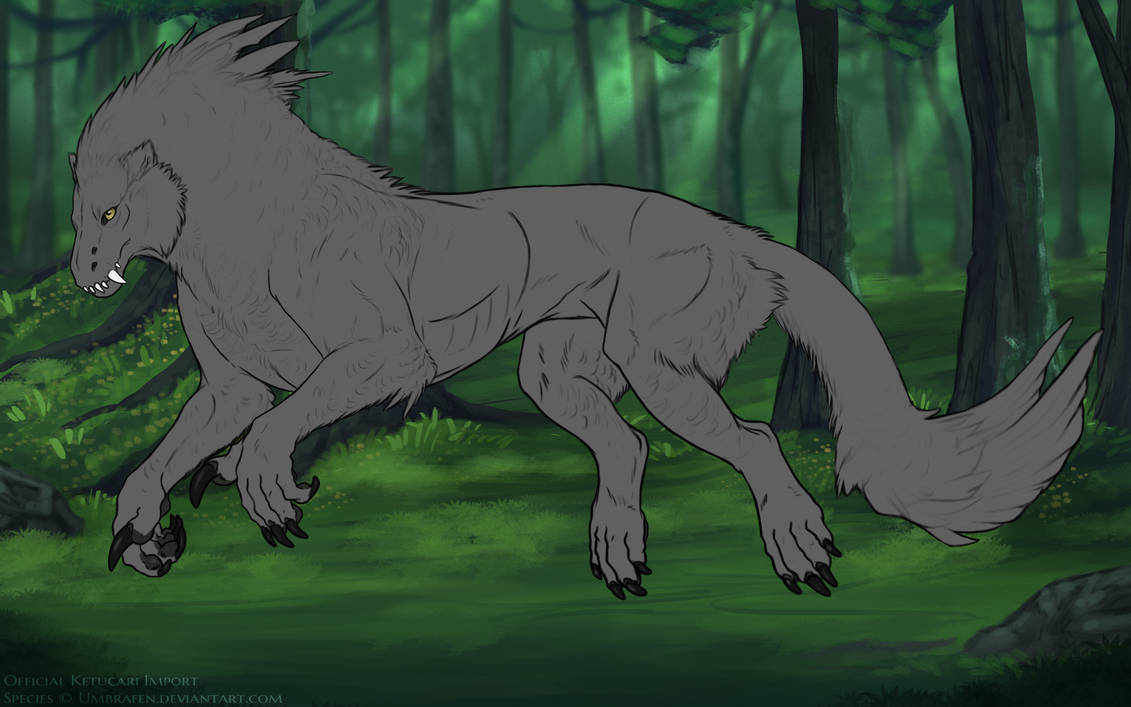
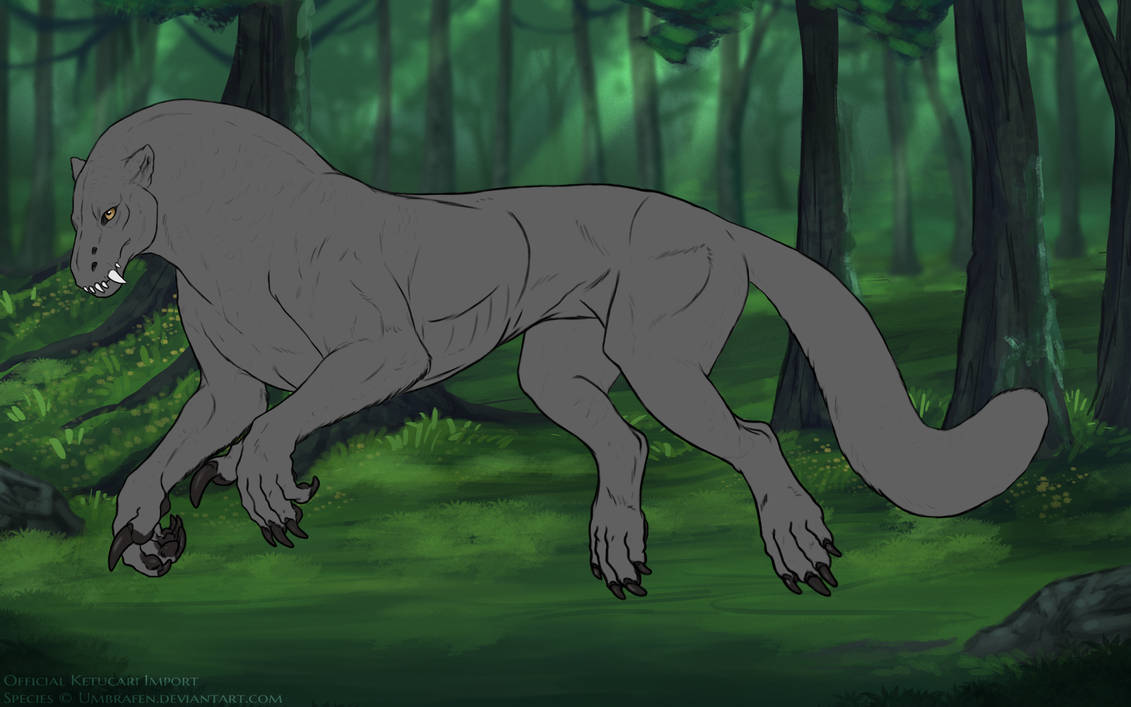
Smooth
The first is the most common variation, referred to as "smooth feathers". As this is the default feather variation, it can occur in any breeding, even between 2 parents with non-smooth feather variations.
Fantail
Fantail is an uncommon feather type. This gene causes the feathers along the tail and crest to become longer while retaining their natural texture, unlike the phoenix mutation.Chance to Pass: 17%

Phoenix
The phoenix gene causes the feathers to become long and silky.Chance to Pass: 7%

Frizzle
The frizzle gene causes the feathers to take on a soft texture and lay in a tousled, messy manner.Chance to Pass: 7%

Silkie
The silkie gene causes the feathers to take on a plush, fur-like texture.Chance to Pass: 7%

Harpy
The harpy gene shortens the range of the crest and creates a "split tail" effect with the tail feathers.Chance to Pass: 10%

Bald
Bald ketucari are almost completely lacking feathers. They have soft, peach-fuzz "fur" and some short feathers along their limbs.Chance to Pass: 10%

Lucerne
Lucerne ketucari have loose, bouncey feathers that are known to grow in the "wrong" direction on the neck.
Chance to Pass: 17%
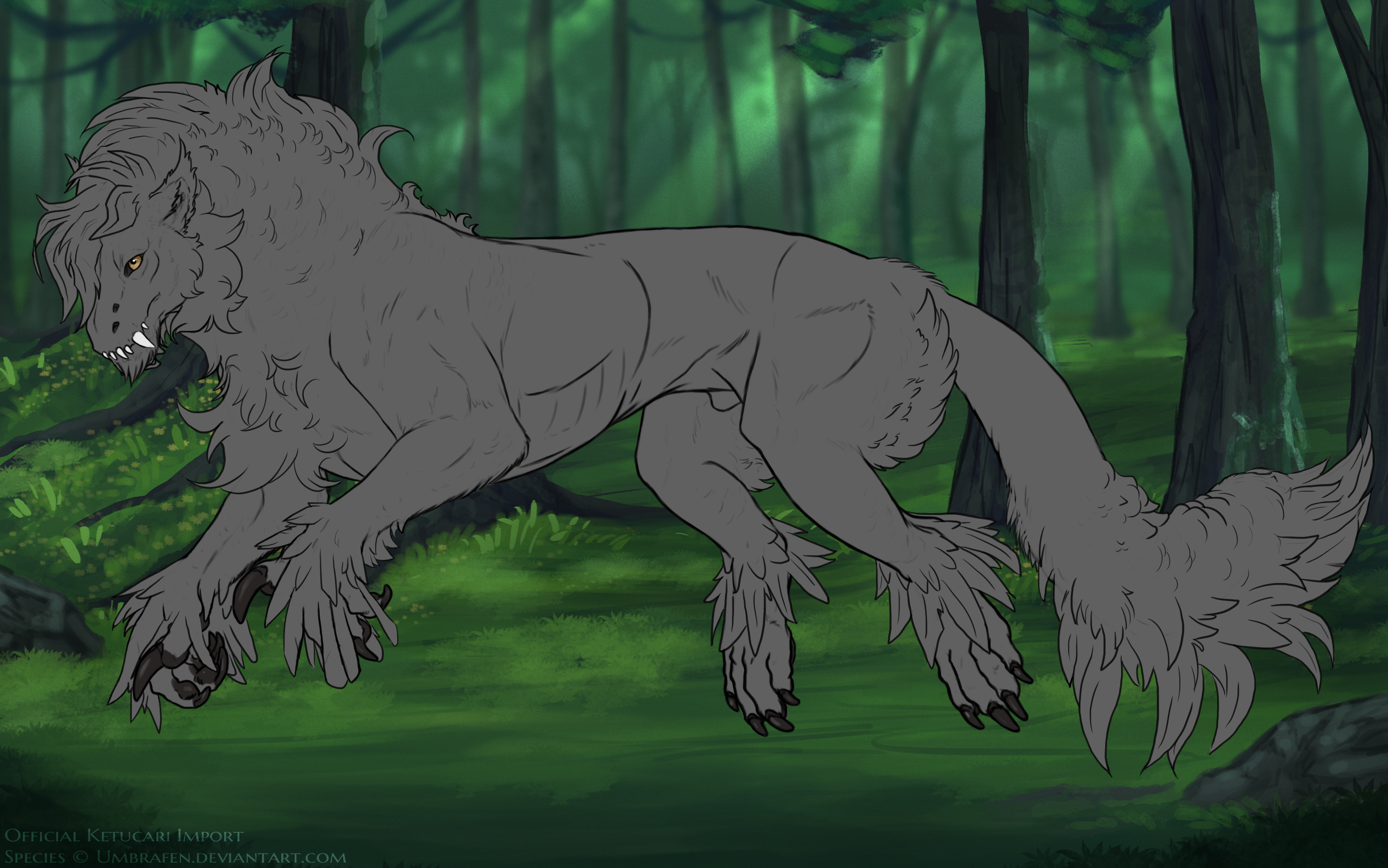
Nicobar
Nicobar ketucari have long, stiff feathers feathers. The genes also create a stiff "butterfly-frill" on either side of the tail.
Chance to Pass: 10%

Jacobin
Jacobin ketucari have stiff, tight feathers growing up around the neck, a short cockatiel frill on their foreheads, and multiple feather-types on their tails.
Chance to Pass: 7%
